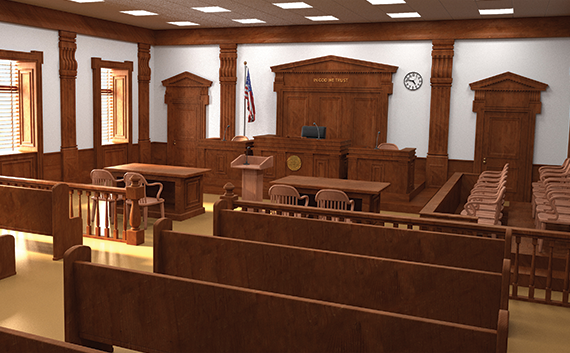In the State of Pennsylvania when parents are unable to agree as to custody the Court must determine what is in the “Best Interest” of the child(ren). There are two types of custody; legal and physical. Legal custody is the ability to make decisions regarding the health, welfare, education, and religious training of the child(ren). This is generally shared equally by the parents.
Physical custody refers to who actually has physical possession of the child(ren). There are many physical custody arrangements from; shared 50/50 custody, to primary with one parent and partial non overnight custody in the other, and everything in-between.
If parents are unable to agree on the physical custody schedule, then the Court will conduct a trial and evaluate the following factors to determine what is in the best interest of the child(ren):
-
(1) Which party is more likely to encourage and permit frequent and continuing contact between the child and another party.
-
(2) The present and past abuse commited by a party or member of the party’s household, whether there is a continued risk of harm to the child or an abused party and which party can better provide adequate physical safeguards and supervision of the child.
-
(2.1) The information set forth in section 5329.1(a) (relating to consideration of child abuse and involvement with protective services).
-
(3) The parental duties performed by each party on behalf of the child.
-
(4) The need for stability and continuity in the child’s education, family life and community life.
-
(5) The availability of extended family.
-
(6) The child’s sibling relationships
-
(7) The well-reasoned preference of the child, based on the child’s maturity and judgement.
-
(8) The attempts of a parent to turn the child against the other parent, except in cases of domestic violence where reasonable safety measures are necessary to protect the child from harm
-
(9) Which party is more likely to maintain a loving, stable, consistent and nurturing relationship with the child adequate for the child’s emotional needs.
-
(10) Which party is more likely to attend to the daily physical, emotional, developmental, educational and special needs of the child.
-
(11) The proximity of the residences of the parties.
-
(12) Each party’s availability to care for the child or ability to make appropriate child-care arrangements.
-
(13) The level of conflict between the parties and the willingness and ability of the parties to cooperate with one another. A party’s effort to protect a child from abuse by another party is not evidence of unwillingness or inability to cooperate with that party.
-
(14) The history of drug or alcohol abuse of a party or member of a party’s household.
-
(15) The mental and physical condition of a party or member of a party’s household.
-
(16) Any other relevant factor.
Grandparents Custody Rights
Generally Grandparents can only sue for partial custody, and only against parents who are no longer in an intact relationship. In some rare cases grandparents have standing to sue for primary physical and or legal custody. Grandparent custody cases are very fact specific and require the services of an experienced lawyer.

